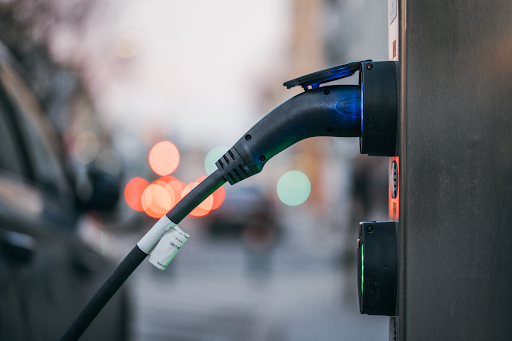Behind the staggering statistics of September’s EV boom are the stories of 72,800 families and individuals who decided to go electric. These aren’t just numbers; they are households making a significant financial and lifestyle change, prompted by a timely government grant that finally made the sums add up.
Consider a family like the Taylors from Manchester. They had been eyeing an electric SUV for their school runs and weekend trips for over a year. They loved the idea of lower fuel bills and zero emissions, but the £38,000 price tag was just out of reach. The re-introduced grant, which brought a similar model down to £34,250, was the tipping point. For them, the grant wasn’t a bonus; it was the enabler.
Or take a young professional like Ben from Bristol. His city’s clean air zone made his old diesel car an expensive liability. He wanted a small electric car for his commute, but his budget was tight. The subsidy, combined with the savings on fuel and city charges, transformed the EV from a dream into a financially savvy decision. He is one of thousands whose personal calculations were altered by the government’s policy.
These stories are repeated across the country. They are stories of people wrestling with the cost of living, where a saving of £3,750 makes a material difference. They are also stories of environmental aspiration, of wanting to make a better choice for the planet, and finally being given the financial means to do so. The transport secretary spoke of making EVs “within reach,” and for these buyers, that is precisely what happened.
The record sales figures are not an abstract economic event. They are the collective result of thousands of individual “human stories,” where a policy decision in London directly intersected with a family’s budget in Leeds or a commuter’s needs in Birmingham, sparking a quiet revolution on driveways across the UK.


